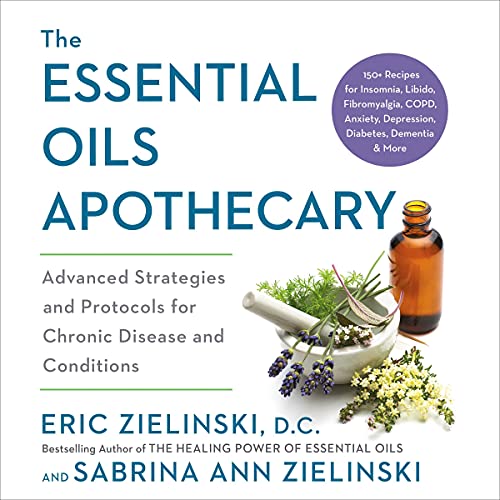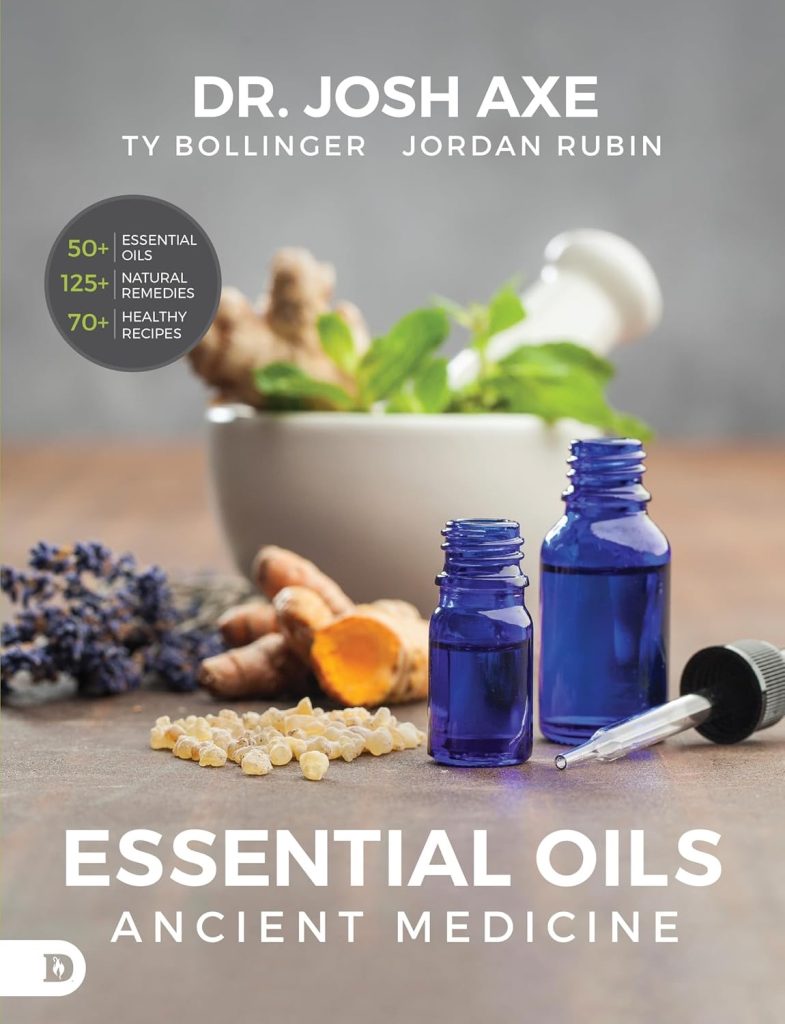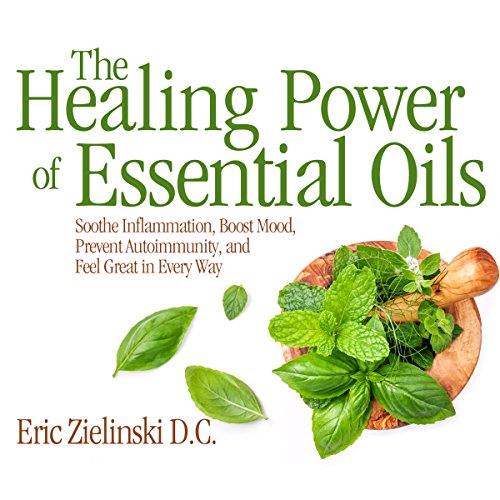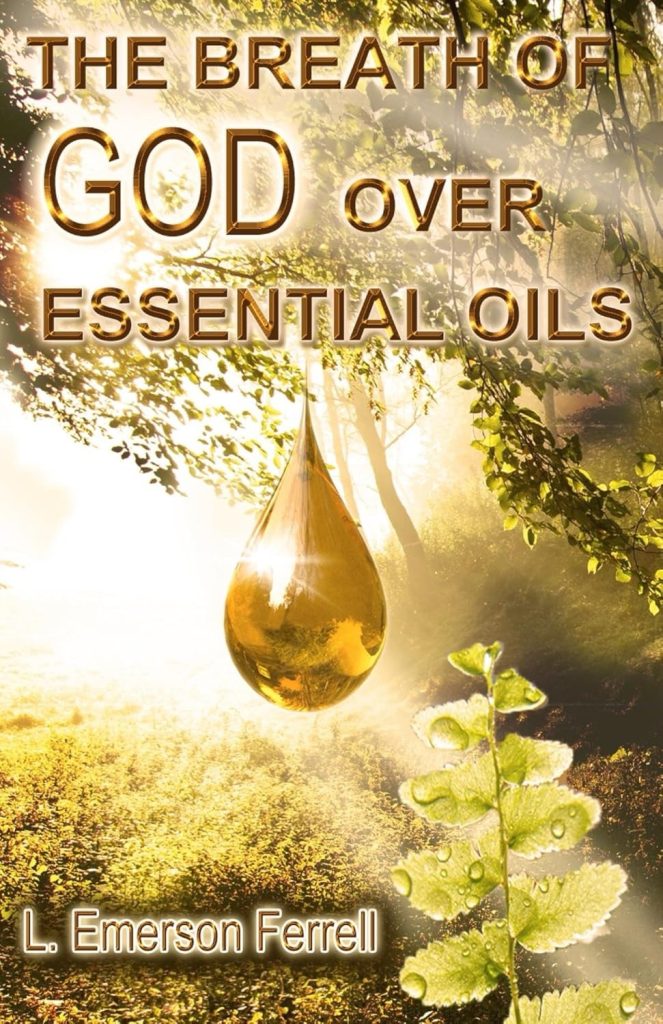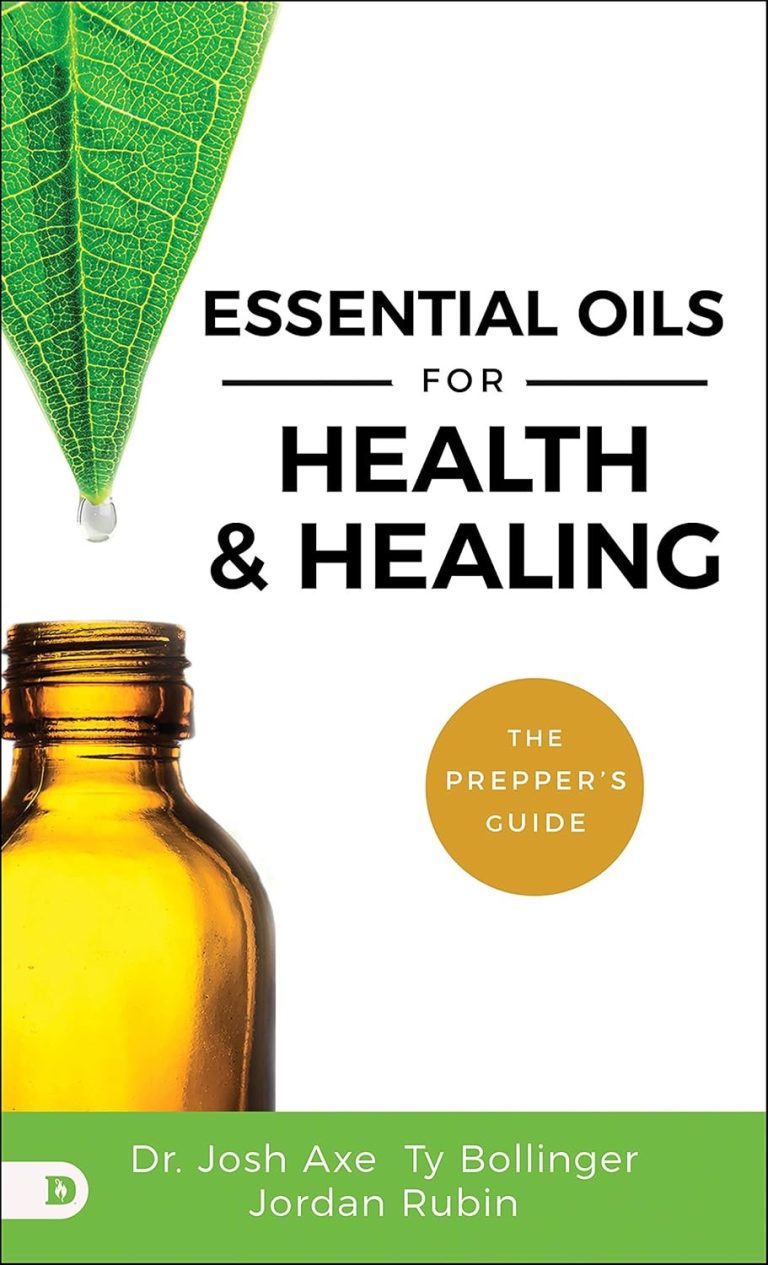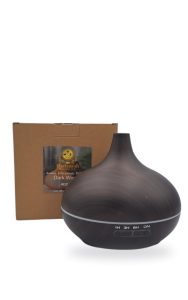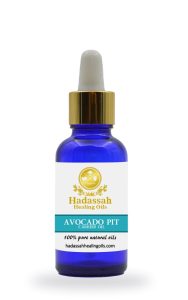What are Essential Oils? (The Basics)
Pure Essential Oils
There are almost as many essential oils as there are plants, each extracted from a variety of plants, flowers, trees, herbs, and fruits. The exact number can vary depending on how you categorise them, but here are some of the most popular and widely used oils:
Lavender, Peppermint, Tea Tree, Eucalyptus, Lemon, Frankincense, Myrrh, Rosemary, Chamomile, Ylang Ylang, Cedarwood, Bergamot, Sandalwood, Geranium, Clary Sage, Patchouli, Sweet Orange, Lime, Cardamom, Rose, Vetiver
Each of these oils has a unique profile of therapeutic properties, and the list continues to grow as new plant extracts are tested for their potential as essential oils. The oils are typically used for aromatherapy, skincare, relaxation, or medicinal purposes.
These oils are concentrated plant extracts obtained by steamed distillation called pressing or resin tapping. They are the essence of a plant. The resulting oils have a distinctive molecular profile that gives them specific aromas and properties.
Pure oils offer an alternative to synthetic products. Each oil has a unique chemical makeup and has dozens of benefits for the body and the mind. These natural chemicals, when extracted correctly, can be used to help you physically, mentally, and emotionally.
Dr Eric Zielinski wrote the following in his book “The Healing Power of Essential Oils”:
God has provided us with what we need to be truly healthy. Need more vitamin D? Go out in the sun! Lacking vitamin C? Eat some limes! Need to improve your digestive health? Eat fermented foods! Have a cold, headache, or back pain? Use plant-based medicine such as essential oils!
Are essential oils safe to use?
The pure oils are highly concentrated liquids that can be harmful if not used with care. Incorporating them into your lifestyle should not cause paranoia or undue worry, but it is important to learn about and heed essential oil safety.
Click on the image to learn more about essential oils or to get yours.
Where do you apply these oils?
There are three main pathways through which essential oils can enter the body to have a therapeutic effect. These are:
Topical/absorption – via the skin (including massage, lotions, perfumes, skincare products, etc).
Inhalation – via the nose, either with cupping of the hands, or by using an inhaler or a diffuser.
It is more effective to use a diffuser for at least 8 hours through the night while sleeping.
Click on the image to learn more about the Hadassah Healing Oils diffuser or to get yours.
Internal applications (oral intake, pessaries, and suppositories): Hadassah Healing Oils can be used internally but not all of them are suitable for internal use, so please make sure before drinking them in a capsule.
However, the 30ml medicinal range of Hadassah Healing Oils can be used internally, as directed.
Safety guidelines for internal use
Essential oils are not consistently regulated. Do not use them internally unless you know that they are from a reputable source and you were directly told the oil is safe to use internally
Why do you need to dilute some essential oils in a carrier oil when used topically?
Pure oils are far more powerful than the botanicals from which they are extracted. They are the lifeblood of the plant and carry all the molecules that the plant has created going through its different growing seasons. Some oils are considered gentle and safe to apply directly to the skin, like lavender, myrrh, frankincense while there are other essential oils that are considered hot and should be diluted before they can be applied to the skin, such as cinnamon and oregano.
Carrier oils are combined with pure essential oils to dilute them and alter their absorption rate.
Pure essential oils are incredibly potent, so you only need a minimal amount to benefit from their many benefits.
Carrier oils allow you to cover a larger surface area of your body with essential oils without using too much. So when you use a carrier oil, you reduce the chances of causing any adverse skin reactions.
Using a carrier oil is especially important when applying the pure oils to sensitive skin areas, using them on children, or when you’re looking to cover a large area of your body.
The following carrier oils can be used to dilute the pure oils. Click on the relevant image below to learn more about each carrier oil or click here, for more carrier oils.
Coconut Oil
Coconut oil serves as an effective carrier oil because it has a low molecular weight, allowing it to penetrate your skin on a deeper level. It also contains saturated fats that help the skin to stay moisturised while helping to provide a smooth and even skin tone. In addition to this, coconut oil has antiseptic and antimicrobial properties, so it’s the perfect carrier oil for relieving skin conditions like acne, eczema, and cold sores.
Jojoba Oil
Jojoba oil is an excellent carrier oil because it is odourless and serves as an emollient, helping to soothe your skin and unclog pores and hair follicles. But beyond acting as a carrier oil, jojoba oil has many benefits for your hair and skin.
Jojoba oil is a plant wax, not an oil, and it can be used to moisturise, protect and cleanse your skin, prevent razor burn, and promote the health of your hair.
Besides, jojoba oil contains vitamin E and B vitamins, which help treat sunburns and wounds. It has antifungal and anti-inflammatory properties and three fatty acids.
Olive Oil
Olive oil is high in healthy fatty acids, anti-inflammatory compounds, and antioxidants. Not only does consuming real extra virgin olive oil benefit your heart, brain, and mood, but it can also be used as a carrier oil to help hydrate your skin, speed up wound healing and even help to fight infections.
Research suggests that olive oil may serve as a promising treatment for skin-related conditions like seborrheic dermatitis, psoriasis, acne, and atopic dermatitis. This oil helps to improve these skin issues by reducing inflammation and fighting the growth of bacteria.
Olive oil contains oleuropein bone health and immune system building properties.
Avocado Pit Oil
Like so many carrier oils, avocado oil benefits your health when consumed and used on your skin.
It is very moisturising, working best for people with dry, rough skin. Avocado oil helps to improve skin texture, remove makeup and hydrate your hair. Plus, research conducted on rats suggests that avocado oil may help to reduce inflammation and increase collagen production, making it a helpful tool for treating skin wounds.
Evening Primrose Oil
Like most carrier oils, evening primrose oil is high in essential fatty acids and is often used to improve skin irritations and conditions.
Evening primrose oil also works as an anti-inflammatory agent, and it’s used to improve nerve function and skin elasticity.
Although there aren’t any high-quality studies to prove this benefit, evening primrose oil has been used to promote hair growth.
Sweet Almond Oil
Sweet almond oil is commonly used as a carrier oil because it contains antioxidants and helps to keep your skin nice and soft. Historically, it was used in Ayurvedic and Traditional Chinese Medicine to treat skin conditions like eczema and psoriasis.
Almond oil is light and easily absorbed into your skin, so when combined with antimicrobial essential oils, like tea tree or lavender, it can help cleanse your skin by getting into your pores and follicles.
Almond oil also has emollient properties, so it may be able to improve your complexion and skin tone.
Do essential oils have an expiration date?
Pure therapeutical-grade oils can last years if stored in favorable conditions. Keep your bottles tightly closed and in a dark room, not exposed to direct sunlight. Lesser quality essential oils tend to become rancid and oxidize quite quickly.
Hadassah Healing Oils supplies therapeutic-grade essential oils that are from reputable sources.
Hadassah Healing Oils takes pride in quality and in supplying clients with the best products available.

Hadassah Healing Oils
Learn more about the heart of Hadassah Healing Oils
Recommended reading

